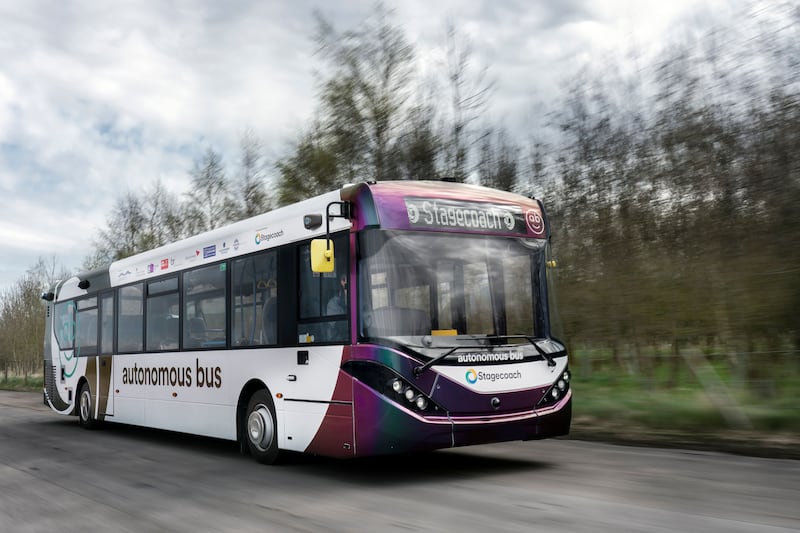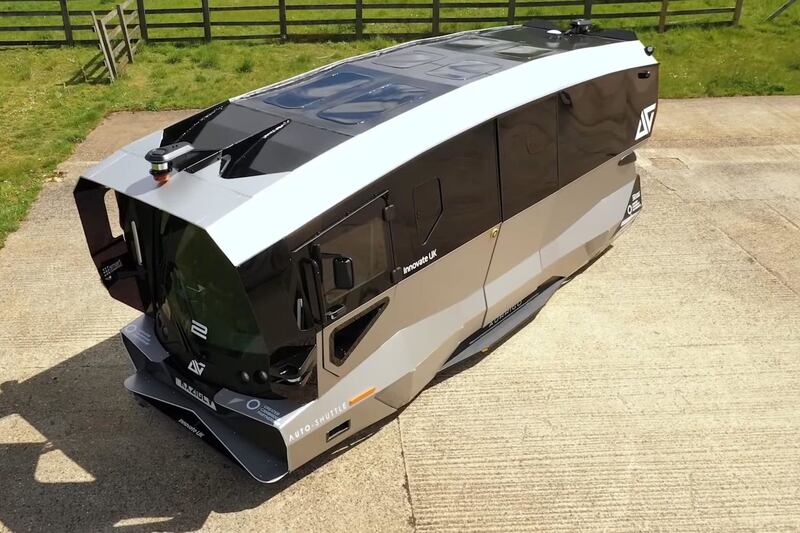Rimac, the manufacturer of the Nevera electric hypercar and major shareholder in the Bugatti Rimac joint partnership, is set to enter the autonomous ride-hailing market with its unique driverless Verne vehicle.
Based on a new and highly adaptable electric car platform, Verne, which was previously labelled ‘Project 3’, features just two seats, after Rimac’s research showed that nine out of ten taxi rides are made by either one or two people.
As a result, the Verne robotaxi maximises interior roominess and promises luxurious surroundings that can be tailored to the user’s needs and wants via the accompanying ride-hailing smartphone app.

Inside, users are treated to a 43-inch display, which is controlled by a touchpad in the centre console and takes care of entertainment, as well as displaying information on the current journey and estimations of arrival times.
Company founder Mate Rimac, who recently unveiled the Bugatti Tourbillon, brought in the design expertise of Adriano Mudri, Rimac’s chief design officer, to create the unique exterior.
Designed specifically to house a number of sensors, radar and Lidar systems, the latter of which is provided by Mobileye, Verne’s exterior looks like little else on the road today.

An aggressively slanted windscreen is said to help improve aerodynamic efficiency and afford occupants a clear view of their surroundings.
Rimac says it plans to put the Verne robotaxi in operation in Zagreb, Croatia (where it will also be built) by the year 2026, with plans to roll it out to the UK and Germany a year later.
In a statement released by Rimac, it said that it had a further nine cities planned for the full autonomous taxi service, with plans to build a series of “motherships” where the vehicles can be inspected, serviced and charged every day before entering service.







